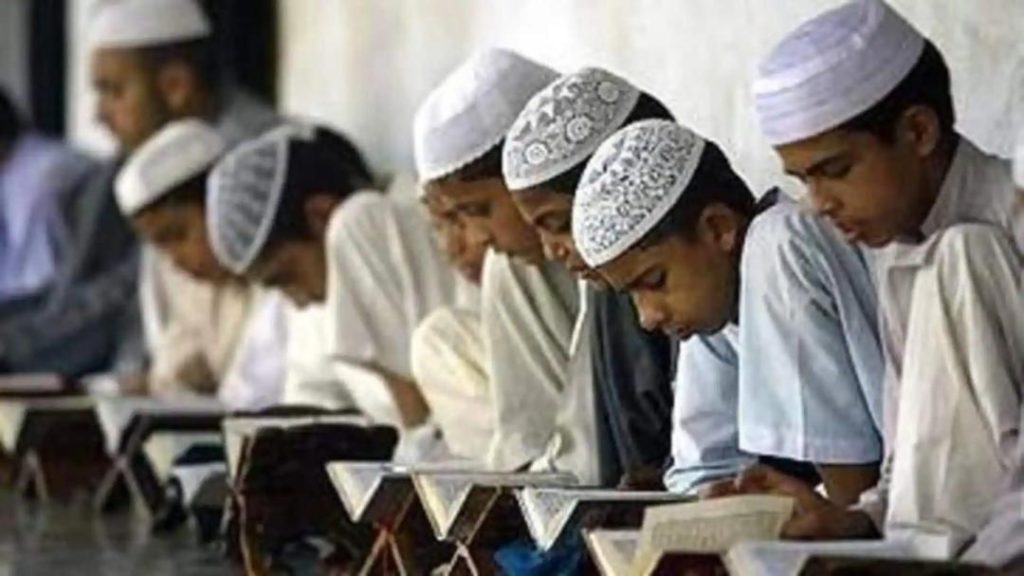
Uttarakhand to Teach Chapter on Operation Sindoor in Madrasas
In a significant move, the Uttarakhand Government has announced its decision to introduce a chapter on Operation Sindoor in the state’s madrasa curriculum. This move comes after a meeting between the State Madrasa Education Board and Defence Minister Rajnath Singh. As a result, over 50,000 students enrolled in 451 registered madrasas will now be taught about Operation Sindoor, an operation launched by India in retaliation for the Pahalgam terror attack.
Operation Sindoor was a military operation conducted by the Indian Army in 1994 to avenge the killing of 35 Indian soldiers in the Pahalgam massacre. The operation was a demonstration of India’s military prowess and a show of strength against Pakistan, which was accused of supporting terrorist activities in the region.
The decision to include Operation Sindoor in the madrasa curriculum is seen as a significant step towards promoting patriotism and national pride among students. The chapter will provide an in-depth understanding of the operation, its significance, and its relevance in India’s history.
The Uttarakhand Government’s decision to introduce this chapter is part of its efforts to modernize the madrasa education system in the state. The government has been working towards introducing new and innovative methods of teaching to make education more engaging and effective.
According to Pushkar Singh Dhami, the Chief Minister of Uttarakhand, the introduction of this chapter is a significant step towards promoting national integration and unity among students. “We want to inculcate a sense of patriotism and national pride among our students,” said Dhami. “Operation Sindoor is an important chapter in India’s history, and it is essential that our students learn about it.”
The inclusion of Operation Sindoor in the madrasa curriculum is also seen as a way to counterbalance the narrative of terrorism and extremism that is often promoted by radical groups. By teaching students about the operation and its significance, the government hopes to promote a sense of national pride and unity among students.
The decision to introduce this chapter has been welcomed by many, including the Defence Minister, Rajnath Singh. “I am glad that the Uttarakhand Government has taken this decision,” said Singh. “It is essential that our students learn about our country’s history and its military operations to promote national integration and unity.”
However, not everyone is happy with the decision. Some critics have argued that the inclusion of Operation Sindoor in the madrasa curriculum is a way to promote Hindu nationalism and militarism. They argue that the government is using education as a tool to promote its own ideology and to divide society along religious lines.
In response to these criticisms, the Uttarakhand Government has clarified that the chapter on Operation Sindoor will be taught in a neutral and objective manner. “We will ensure that the chapter is taught in a balanced and objective manner, without promoting any particular ideology or agenda,” said a government spokesperson.
The inclusion of Operation Sindoor in the madrasa curriculum is a significant development in the education sector in Uttarakhand. It is a testament to the government’s commitment to promoting national integration and unity among students. As the chapter is introduced, it will be interesting to see how students and teachers respond to it.
Conclusion
The Uttarakhand Government’s decision to introduce a chapter on Operation Sindoor in the state’s madrasa curriculum is a significant move towards promoting patriotism and national pride among students. The chapter will provide an in-depth understanding of the operation, its significance, and its relevance in India’s history. While some critics have raised concerns about the potential impact of this decision, the government has clarified that the chapter will be taught in a neutral and objective manner. As the chapter is introduced, it will be interesting to see how students and teachers respond to it.






